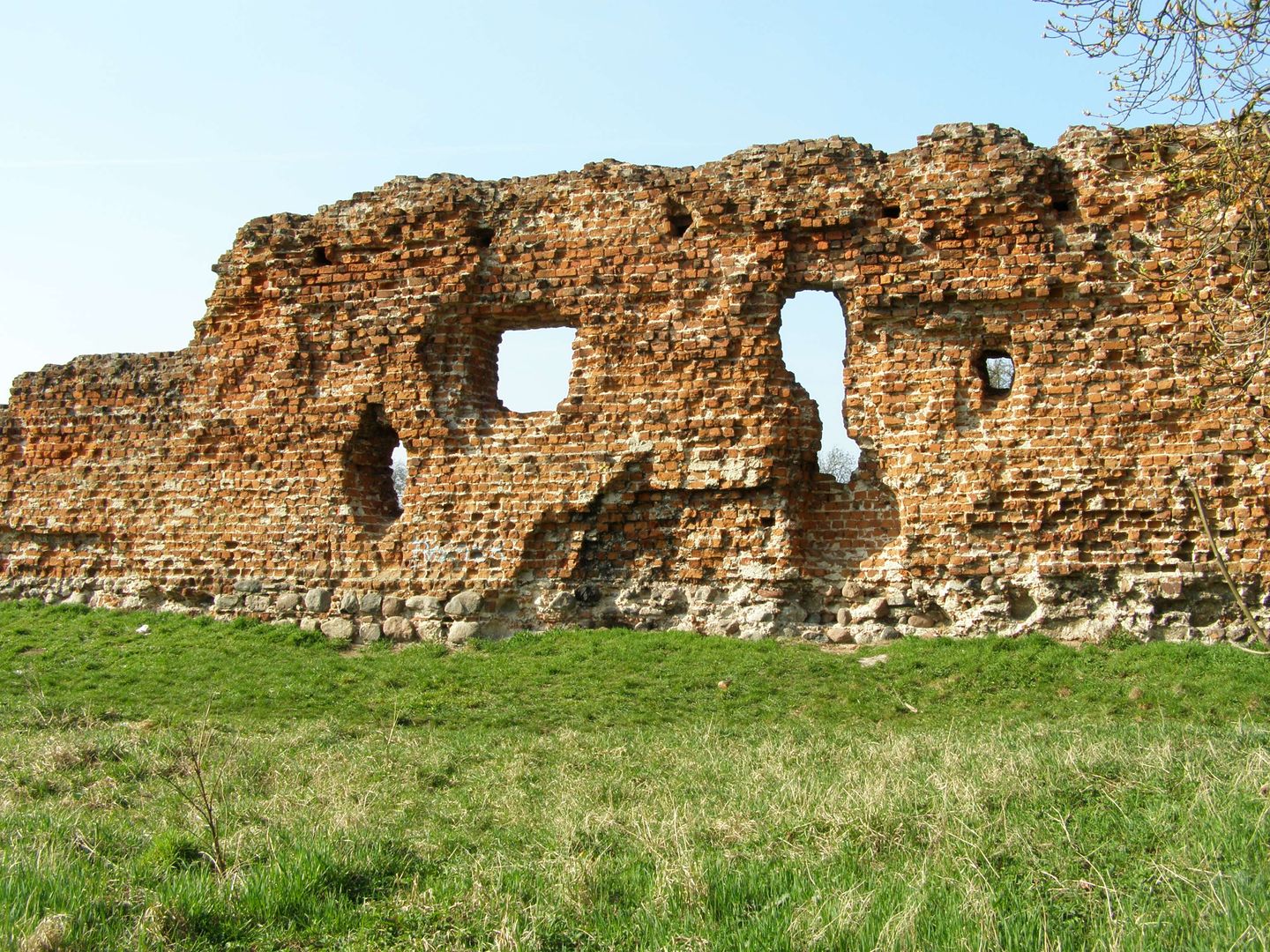Szubin
6.41

Overview
Szubin is a town in northern Poland, located in the Kuyavian-Pomeranian Voivodeship, serving as the seat of the Szubin urban-rural municipality. It lies in the Pałuki region on the rivers Gąsawka and Biała Struga. Its history dates back to before the establishment of the Polish state, with the first mentions of Szubin recorded in 1365. The town was founded in the 14th century by Sędziwój Pałuka, and its main landmark is the Gothic St. Martin's Church, built in the late Gothic style. In the Middle Ages, Szubin was the seat of the Pałuka family, and its history is intertwined with numerous events, including the Thirteen Years' War. During the partitions of Poland, Szubin changed its national affiliation several times, and in the 20th century, it experienced German occupation during World War II. The town was home to prisoner-of-war camps, and after the war, a labor camp for "Nazi criminals" was established there. Szubin was also a site of battles fought by the Greater Poland insurgents and played a role in several national independence movements. In 2015, a statue of a Pelican was unveiled in the Market Square. The town also boasts a rich cultural life, with notable figures hailing from Szubin, including Professor Waldemar Kuligowski and musicians from the band Something Like Elvis. Other historical landmarks include the wooden St. Margaret's Church and the ruins of Sędziwój's Castle. The Roman Catholic Church is the main religious organization in Szubin, although there are also communities of Jehovah's Witnesses. With its rich history and valuable cultural heritage, Szubin remains a significant location in the Kuyavian-Pomeranian region.
Location
2026 Wizytor | All Rights Reserved